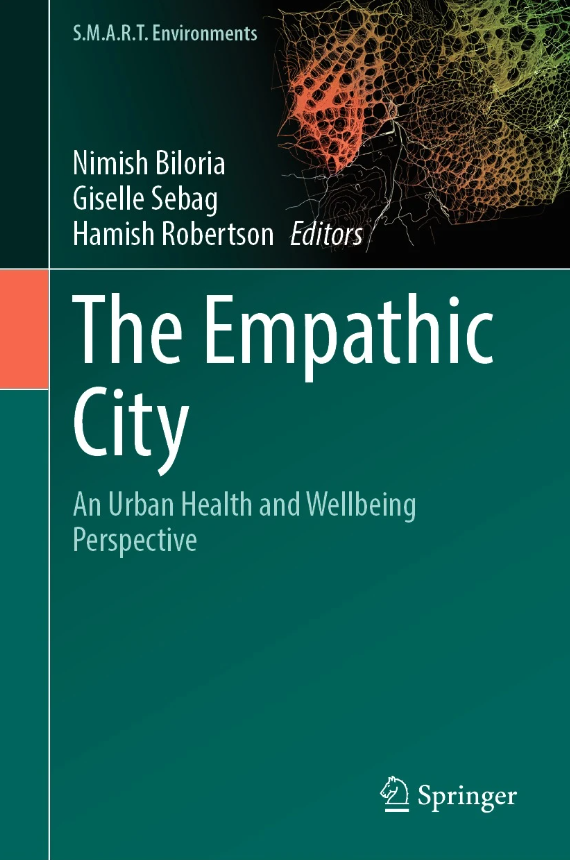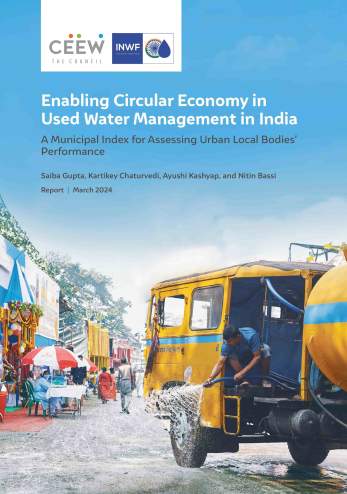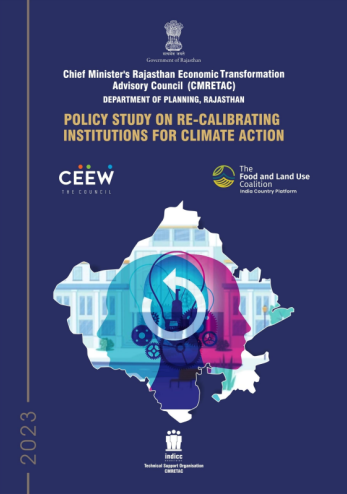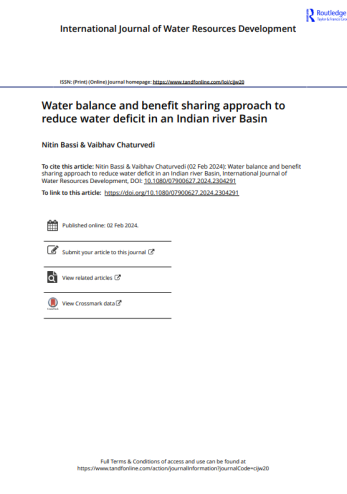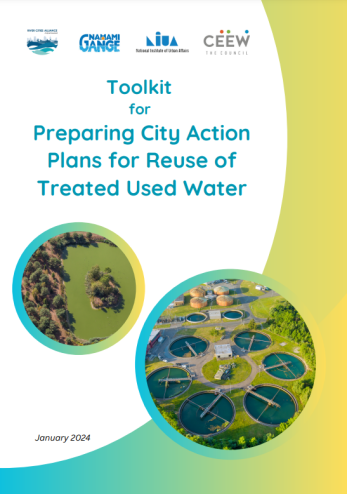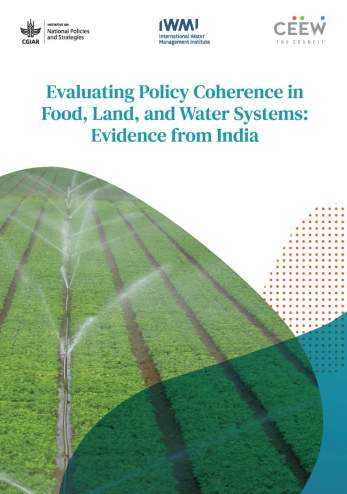Book Chapter
Evaluating Nature-based Solutions (NbS) as a Tool for Urban Resilience in the Global South
Sarang Barbarwar, Saiba Gupta, and Akash Parmar
July 2023 | Sustainable Water
Suggested citation: Barbarwar, S., Gupta, S., Parmar, A. 2023. Evaluating Nature-based Solutions (NbS) as a Tool for Urban Resilience in the Global South. In: Biloria, N., Sebag, G., Robertson, H. (eds) The Empathic City. S.M.A.R.T. Environments. Springer, Cham. https://doi.org/10.1007/978-3-031-32840-4_10
Overview
Nature-based Solutions (NbS) can help cities adapt to the extreme impacts of climate change in a more sustainable manner, foster overall health benefits, and generate value. While the environmental and socio-economic benefits of NbS are recognised, the quantification of these benefits is less well-known. This chapter attempts to explore the frameworks to evaluate and quantify the impact generated through nature-based pilot initiatives and identifies the gaps in the related literature. It further explores the funding and financing mechanisms that could be associated with the evaluation framework. Finally, an assessment framework for pilot NbS projects for cities of the Global South was prepared, and applied to two NbS projects in the Indian cities of Ahmedabad 'lake-interlinking project' and Delhi ‘Rajokari lake rejuvenation project’.
Key Highlights
- The assessment framework intends to capture environmental (impacts on ecosystem, scale of NbS intervention), economic (funding and financing), and social (green gentrification) health, as well as impacts of urban governance mechanisms (ideation of NbS, NbS implementation processes, transferability & interoperability) through the proposed parameters and suitable indicators. The resultant score of the framework can be applied to a pilot project for measuring its replicability potential and contribution to building urban resilience.
- Water systems, a critical aspect for building environmental resilience, were chosen as a basis to study and compare two pilot NbS projects through the proposed framework. The selected NbS projects were planned considering environmental, ecological, and socio-cultural as well as technological aspects.
- The overall evaluation suggests the replicability of the project across cities and also identifies if the project will contribute to building urban resilience or not. The framework fills certain gaps in the existing literature and can be used by urban planners, project developers, city and state governments, decision-makers, and researchers.
Recommendations
- Define the ownership of the NbS project in question. After the initial setting-up phase of the project/intervention, it is crucial to identify in the planning stage itself, how the operation and maintenance will be funded in the long term, and who will be responsible for the same.
- Develop and leverage partnerships between different pools of finance. Private companies, communities, civil society organizations, local governments, national governments, and international financial institutions. This is essential to diversify investment streams and minimize financial risks.
- Develop a standardised framework to evaluate cost effectiveness of NbS, that recognises the long-term costs, benefits and trade-offs between different stakeholder groups. This should be a significant priority for future research in climate finance.
"Despite its global appeal, the NbS approach remains scattered and sporadic in practice, lacking an ecosystem in terms of policies, regulations, and infrastructure. There is hence a need to apply a sound evaluation framework to guide the implementation of nature-based solutions as a tool for urban resilience."




